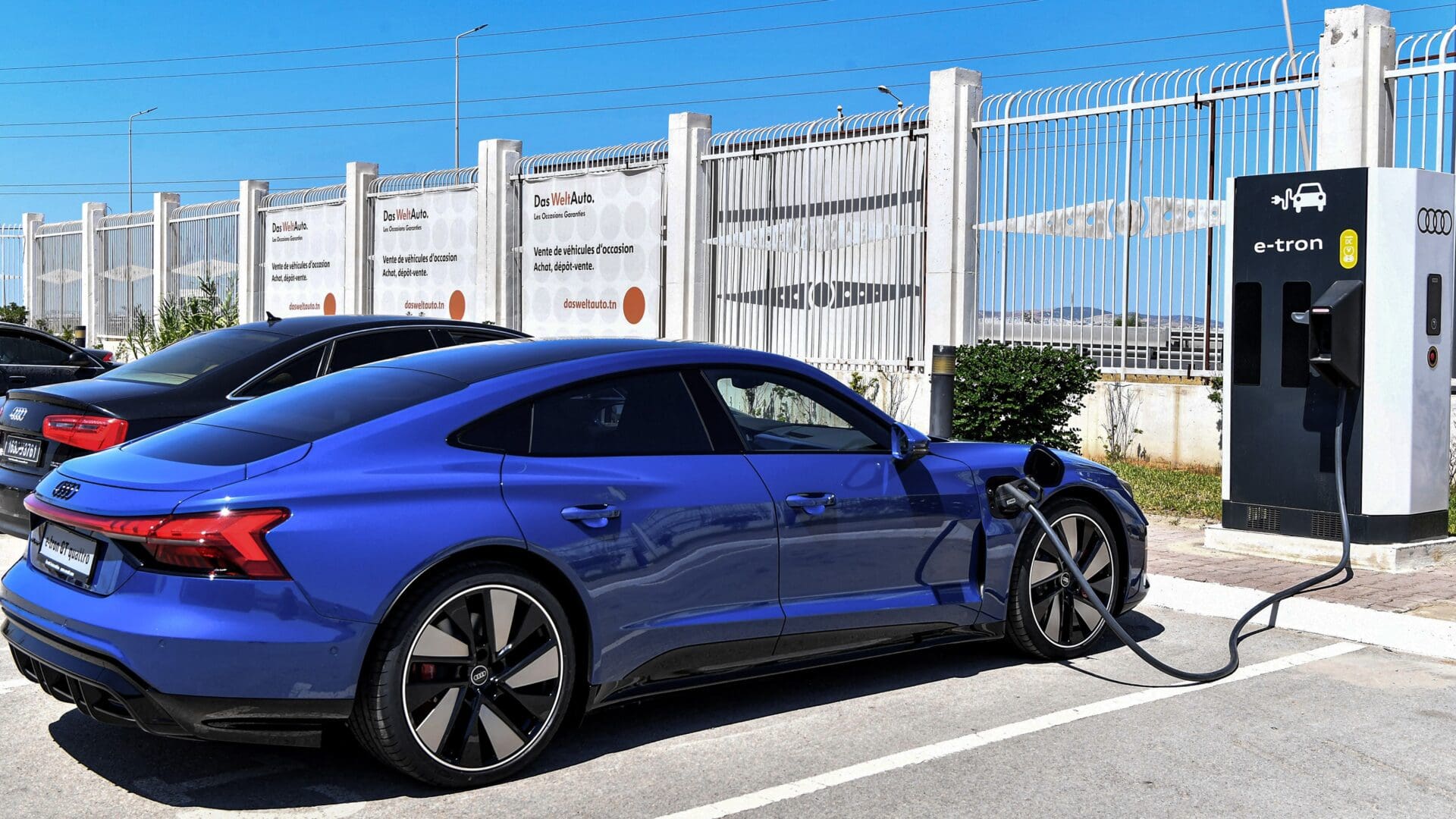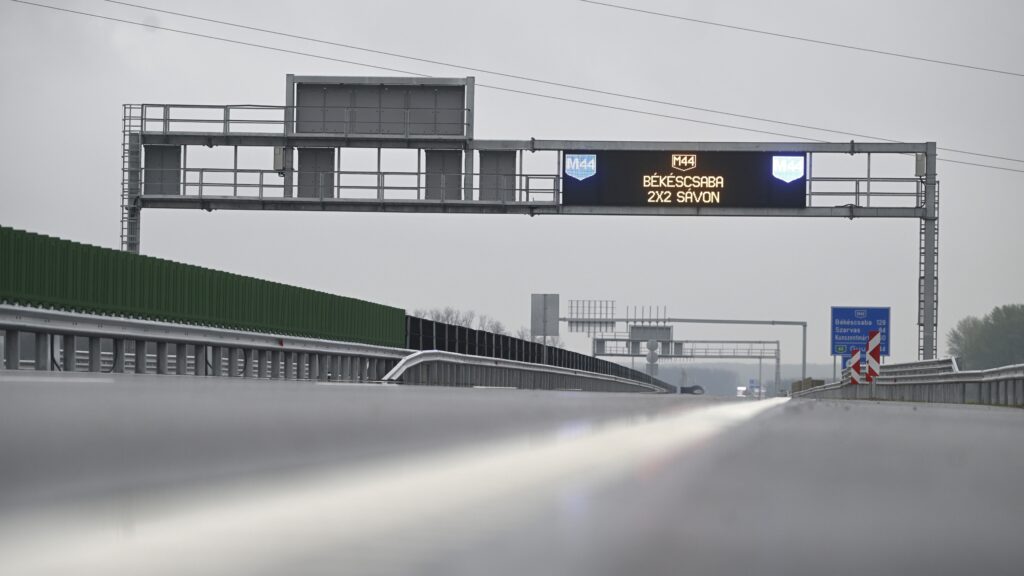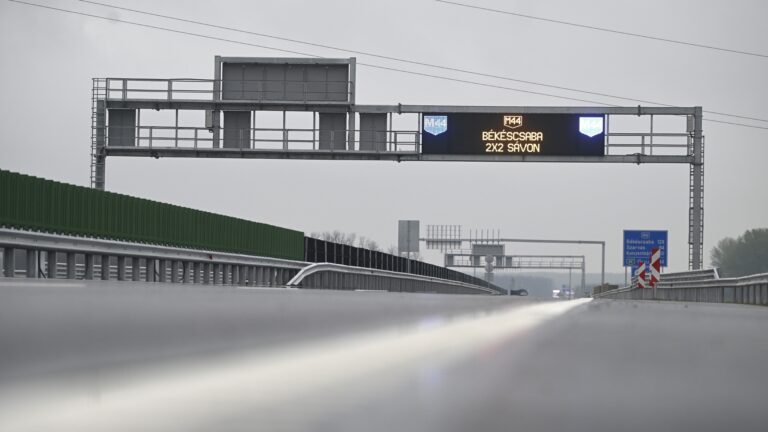The number of vehicles with green registration plates in Hungary has doubled compared to the beginning of 2022, as stated in the Tuesday post on the social media page of the Ministry of Energy.
Last year, 22,651 vehicles with official green markings were registered domestically, making 2023 another record year, surpassing the nearly 21,000-unit expansion peak in 2022. In 2023, over 60 per cent of vehicles that commenced operation with green registration plates were purely electrically powered, as it was reported by the Ministry.
According to the announcement,
by the end of December last year, there were already more than 86,000 environmentally friendly vehicles on Hungarian roads.
Out of the entire Hungarian fleet, approximately 45,000 were purely electric passenger cars, nearly 3,000 were purely electric freight vehicles, about 500 were environmentally friendly motorcycles, and 206 were purely electric buses.
Log into Facebook
Log into Facebook to start sharing and connecting with your friends, family, and people you know.
In terms of geographical distribution, the number of vehicles eligible for green registration plates exceeded 34,000 units in the capital and 52,000 in rural areas. By the end of 2023, the proportion of green-registered vehicles placed into circulation outside Budapest exceeded 60 per cent for the first time.
The Ministry emphasized that the future of the Hungarian economy lies in green energy,
and the government assigns great significance to making transportation greener by reducing its environmental impact and fulfilling climate commitments. Electric vehicles can be used without air pollution, are quieter than those powered by internal combustion engines, and can result in cost savings for operators in terms of operational and maintenance expenses.
In a bid to promote the adoption of electric vehicles, economic entities can apply for non-repayable state contributions starting in early February. These contributions are intended for the purchase of purely electric passenger cars, small trucks, or minibusses. Companies can receive support ranging from 2.8 to 4 million forints, depending on the battery capacity, from the 30-billion-forint budget allocated for this purpose, as stated in the post.
Related articles:








